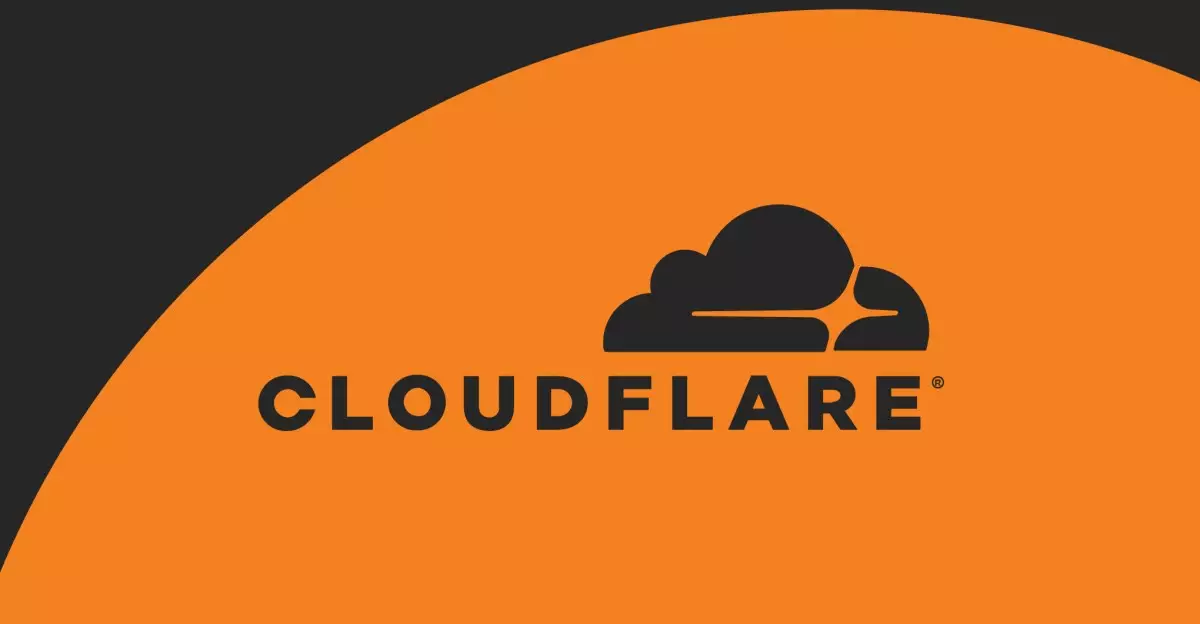The digital landscape is shifting rapidly, and recent moves by major players like Cloudflare signify a pivotal moment in how content is accessed and protected. Historically, the internet has functioned as an open realm—content was freely accessible, and crawlers or bots would systematically gather data to improve search results or facilitate other services. But as AI-driven applications become more prevalent, the lack of boundaries around web crawling is increasingly seen as a threat to original content creators’ rights and revenue streams. Cloudflare’s proactive stance to impose stricter regulations—blocking unauthorized AI crawlers by default and introducing a pay-to-crawl model—is more than just a technological update; it is an assertion of digital sovereignty.
This democratization of control creates a nuanced battleground. While open access accelerated innovation and knowledge dissemination, unchecked scraping has led to concerns about intellectual property theft and economic harm suffered by publishers and creators. Cloudflare’s approach appears to strike an intentional balance: it respects the value of content by offering publishers more say in who accesses their work, and at what price. This not only fosters a climate of fair compensation but also incentivizes ethical AI development, which remains critical in fostering sustainable digital ecosystems.
Challenging the Fairness of AI’s Exploitative Algorithms
The core issue with AI crawlers isn’t merely their existence but their often-automatic, indiscriminate access to content—sometimes without due acknowledgment or remuneration. Many AI companies scrape vast swaths of data, sometimes employing obfuscation to evade detection, raising the question: Are we, as internet users and creators, still in control of our intellectual property?
Cloudflare’s initiative to allow publishers to set “Pay Per Crawl” fees is an innovative method of monetizing content in a manner that aligns AI usage with creators’ rights. It provides an opportunity for publishers to monetize their content directly from AI companies—an idea that heralds a form of content licensing in the domain of web crawling. If adopted widely, this initiative could reframe the relationship between AI developers and content owners, transforming it from one of exploitation to partnership. It also signals a recognition that AI should be a tool built upon mutual benefit rather than one that leeches value without acknowledgment or compensation.
However, the implementation of such a model is fraught with challenges. The initial rollout targets “a group of leading publishers,” suggesting a cautious, perhaps limited pilot before broader adoption. Scaling this kind of paid access would require industry-wide standards, transparency, and buy-in from the AI sector. Without widespread support, it risks fragmenting the web into paid and free zones, potentially stifling innovation and access for smaller publishers and independent creators.
Balancing Regulation and Innovation: A Necessary Dance
One of the most compelling aspects of Cloudflare’s policies is the emphasis on respecting content creators’ rights while still acknowledging the importance of AI development. By collaborating with AI firms to authenticate their crawlers and clarify their purpose—whether for training, search, or inference—the company aims for transparency. This is a crucial step forward, as it invites AI developers to build trust and legitimacy within the ecosystem.
Yet, the challenge remains: how do we uphold the openness of the internet while preventing exploitation? Excessive restrictions risk hampering innovation and the democratization of information, while too little regulation invites rampant content theft. Cloudflare’s measures mark a valuable attempt at moderation, but true progress will depend on industry-wide standards and shared values. The debate is no longer about preventing AI from accessing the web—it’s about defining fair pathways where AI’s benefits are harnessed without eroding the fundamental rights of content creators.
Furthermore, this reflects an overdue acknowledgment that original content is the backbone of the internet’s value. If we want to sustain a vibrant, innovative digital economy, we must shape rules that incentivize creators and hold AI developers accountable. The future may well depend on whether these early efforts lead to a new norm—one where the AI-human relationship is redefined as collaborative and respectful, not extractive and unilateral.
—
This critical analysis underscores that, at its core, technological innovation must be paired with ethical responsibility. Cloudflare’s initiatives signal a promising beginning—one that champions fair compensation and transparency. But for lasting change, the industry must embrace a collective ethos of respect and regulation that preserves the integrity of original content while embracing AI’s potential. Only then can the internet evolve into a truly equitable space where creators thrive and AI serves as a genuine partner.

